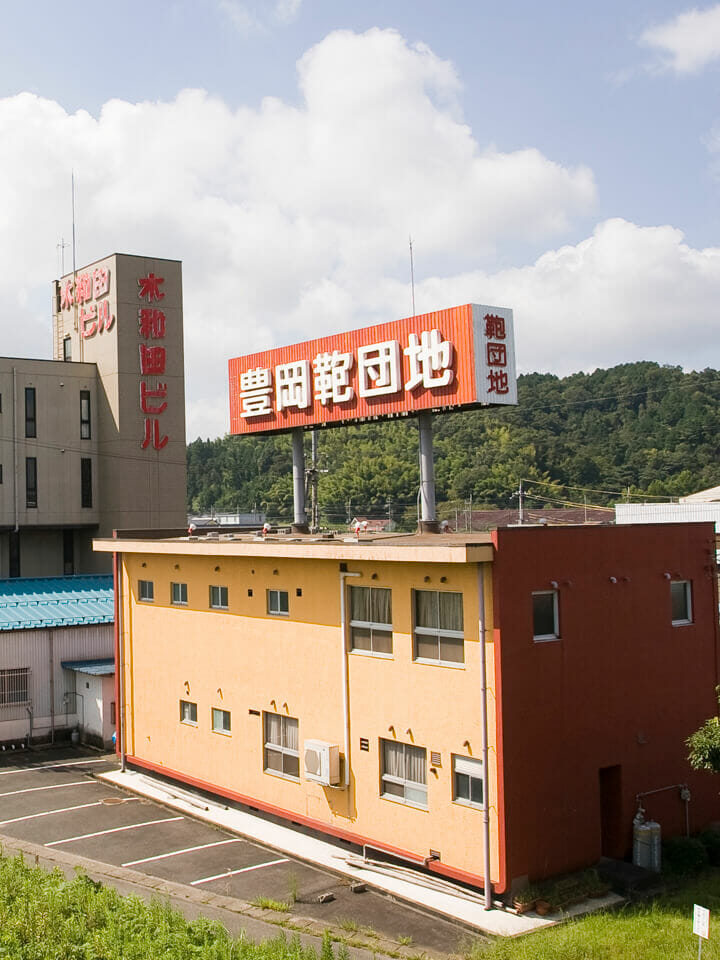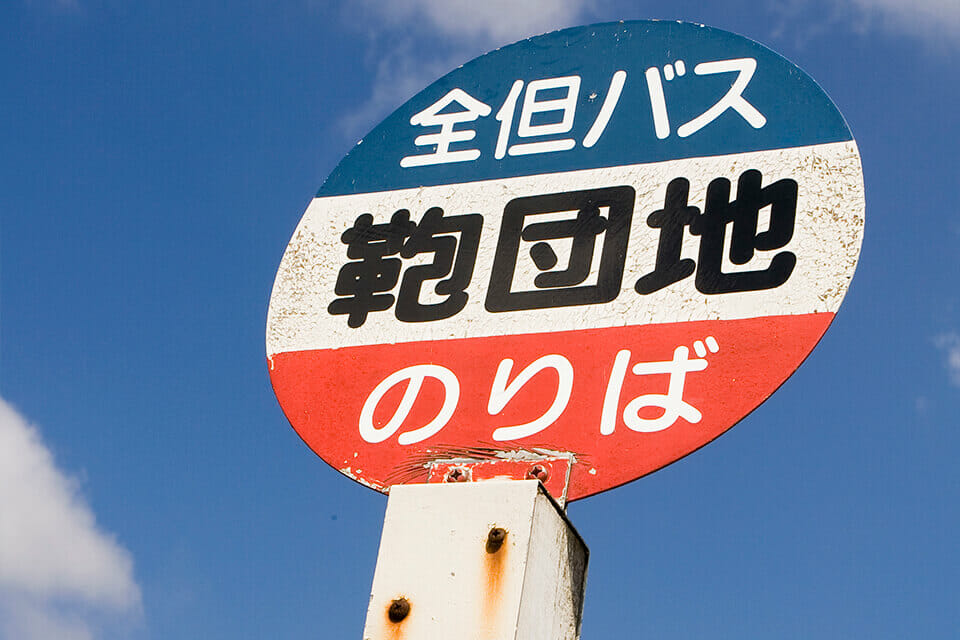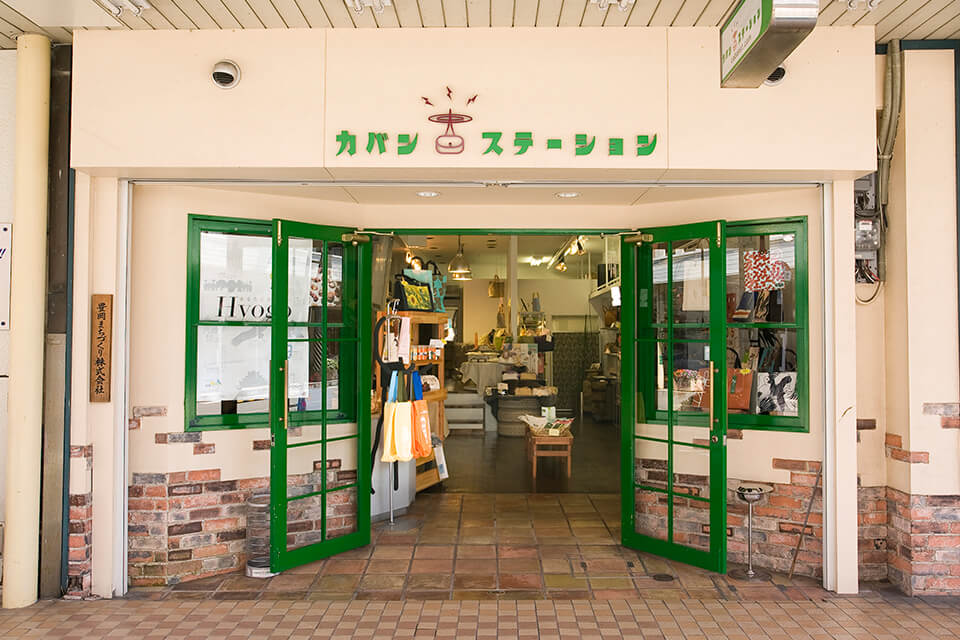
Creative: Toyooka Bags
Toyooka Kaban:If everyone moves, the future of the bag will start to move

Toyooka City, Hyogo Prefecture. Did you know that about 70% of the bags made in Japan are produced here? Toyooka bags have a history of over 1000 years. Bag making in Toyooka, which started with wicker boxes, has grown with the times and has become the number one bag producing area in Japan. "At the height of the economic boom, 20% of people in Toyooka were bag makers. But that didn’t last for long. When cheap overseas products and the bursting of the economic bubble came, 170 companies became 60 companies. I felt a sense of crisis,"
says Mr. Uemura of Masumi Hono, who continues to make well made bags. Aside from being the CEO of the long-established company that has continued for three generations, Mr Uemura is also the Chairman for Toyooka Kaban’s Regional Brand Committee. What exactly is a regional brand?
"Toyooka, which is strong as an OEM, is not well known. If the number of orders decreases due to the economy and the times, the damage will be serious. The future of the company becomes uncertain. Then, there was talk of a law revision that regions and products could be combined to apply for a trademark. The days of discussions began with the companies in the region so that the project could be launched and Toyooka as a whole could continue to make bags that would lead to the future."
Every day, there is a lot of heated debate about the concept and operation policy in order to make "Toyooka Kaban" a public brand. It's a lot of hard work.

The only housing complex in Japan that specializes in bag making. Companies involved in bag making meet together and work together to create quality products. Efforts to increase the value of regional brands continue daily.
"We want as many companies as possible to participate. But the screening standards must be strict as well. The standards for measuring the quality of manufacturing are meaningless unless they are strict. If we sell products that go straight to the sale rack, we’ll never make a name for ourselves. Of course, even at the Toyooka workshop, you can't participate unless you meet the standards. But everyone had one common goal. There is no choice but to make the Toyooka bag more exciting. We have to make products that people will use and will make them happy. We believed that is where our future lies."
The combined beliefs reached the country. "Toyooka Kaban" was certified as the first regional brand in Hyogo prefecture, and gained a foundation that spread in a different form from the conventional distribution line. Only products with the Toyooka Kaban brand logo have cleared strict quality standards. The refined craftsmanship begins to create new encounters through the brand. The millennial old tradition is at the starting line of the next millennium to come. A craftsman with a 60-year career says,
"Bag making is so profound, and there’s a new discovery every day. It's interesting because there are things that you don’t realize until 40 years have passed. I want young people to have dreams and keep giving ideas. It ’s not baggage if it’s in your mind. ”
He burst into laughter, and he is in fact, Mr. Uemura's father and former president. Still, he said, "It's important not to chase the money and business, but to do what you do with conviction."

Young and old, all working together.

Currently, only 8 companies in Toyooka, which has about 60 companies in total, can bear the "Toyooka Kaban" brand tag. Hard work is put in to exceed strict standards. Check out www.toyooka-kaban.jp.

Born in the Manyo period (over 1200 years ago), wicker crafts developed well into the Meiji era and were exhibited at the Paris Expo. That tradition blossomed into the bag industry. Sewing machines from before the war are also active till this day.

There is a bag stations along the street where exhibitions and events are held, and there is a bag workshop where the above-mentioned former Mr. Uemura does repairs. People's aspirations support the city.

Downtown Toyooka is filled with the latest bags, including bag vending machines where you can buy tote bags and Kaban Street where bags are lined up in the store windows.